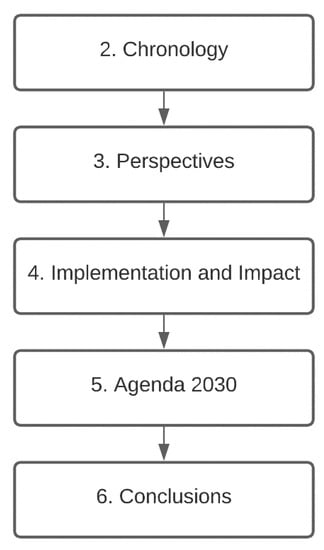Grammar's subject-verb and singular-plural agreements were violated even by Shakespeare
It's not that the scenes in the book aren't heartbreaking. Rather, audience members believed the above sentence was ungrammatical, and not befitting of the ABC's charter obligations to broadcast educational programs.
The sentence supposedly violated grammatical agreement (sometimes called subject-verb agreement). Because scenes is a plural noun, the reasoning runs, the verb in the sentence should be plural, too. The only correct version, then, would be:
The main problem with this analysis is that it is not accurate. A secondary problem is that it has not been accurate for centuries.
Even in what we might call Standard English, scholars have observed that in existential sentences — that is, sentences beginning with there is or there are — the contracted and apparently singular form there's has long been used with plurals.
The Danish linguist Otto Jespersen, author of perhaps the first scientific grammar of English, found as much in 1913. Jespersen saw the use of there's with plural nouns "often", and also identified other languages where an equivalent phenomenon in demonstratives had become established or standard to a degree.





/cloudfront-us-east-2.images.arcpublishing.com/reuters/LUKPFIH5S5JKBMJFDLHCRXEDRE.jpg)
















